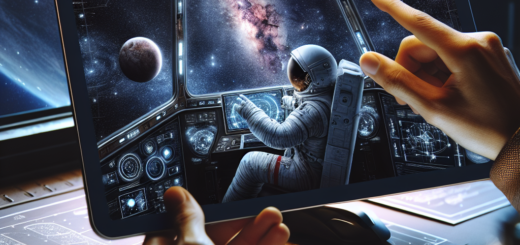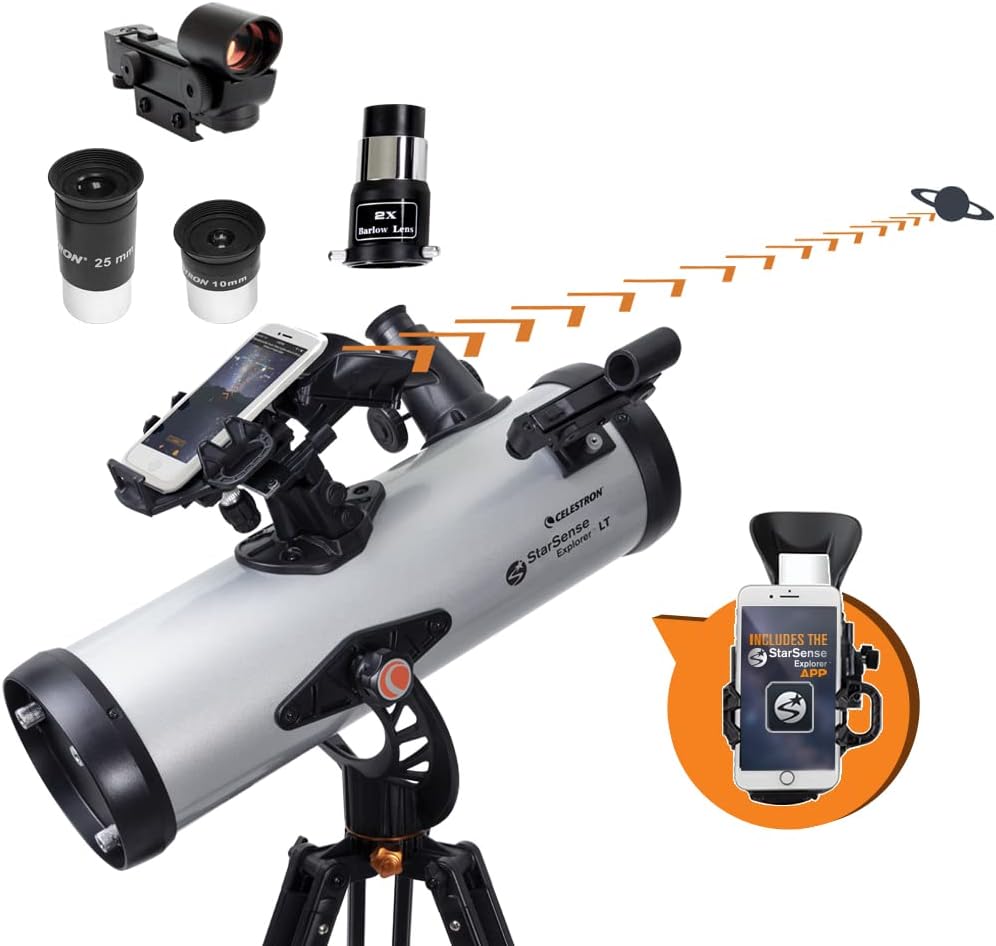The Final Frontier: New Technologies Revolutionizing Space Exploration
Space exploration has always been a topic of fascination for people all around the world. The idea of venturing into the unknown and discovering what lies beyond our planet has captured the imaginations of scientists, engineers, and dreamers alike. And now, thanks to advancements in technology, we are on the cusp of a new era in space exploration.
The final frontier, as it is often called, is being revolutionized by new technologies that are pushing the boundaries of what is possible. From cutting-edge spacecraft to innovative propulsion systems, these new technologies are opening up a world of possibilities for exploring the cosmos.
One of the most exciting developments in space exploration is the advent of reusable rockets. Companies like SpaceX and Blue Origin have developed rockets that can be launched, landed, and relaunched multiple times, drastically reducing the cost of space travel. This technology has made it possible for private companies to enter the space industry and has paved the way for a new era of commercial space exploration.
Another game-changing technology is the development of ion propulsion systems. These systems use electric fields to accelerate ions and propel spacecraft through space at incredible speeds. Ion propulsion is much more efficient than traditional chemical propulsion systems, allowing spacecraft to travel farther and faster than ever before.
Advancements in robotics and artificial intelligence have also revolutionized space exploration. Robots are now being used to explore distant planets, asteroids, and moons, gathering valuable data and conducting experiments that would be too dangerous for humans. AI algorithms are being used to analyze this data and make decisions in real-time, allowing for more efficient and productive missions.
Furthermore, advancements in 3D printing technology have made it possible to manufacture tools, parts, and even entire spacecraft in space. This technology could be a game-changer for long-duration missions to Mars or beyond, as it would allow astronauts to repair and replace equipment without relying on resupply missions from Earth.
As we look to the future of space exploration, it is clear that new technologies will continue to play a crucial role in advancing our understanding of the cosmos. From reusable rockets to ion propulsion systems to artificial intelligence, these technologies are opening up new possibilities for exploring the final frontier. And with each new discovery, we are one step closer to unlocking the mysteries of the universe.













